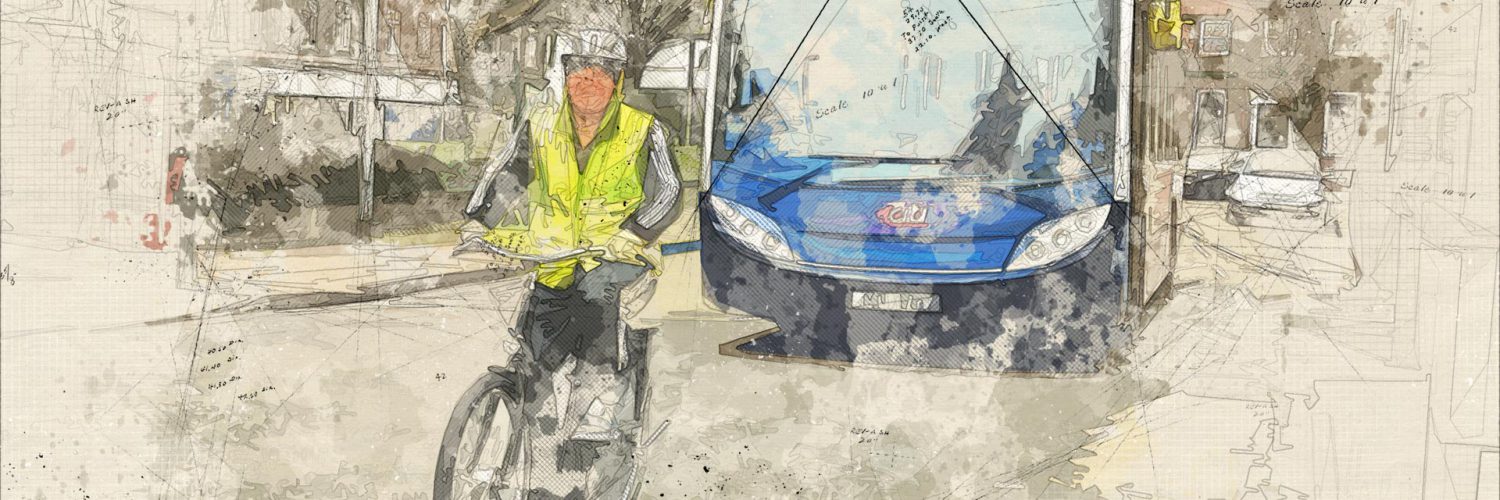Local government is a confusing mess of dispersed and overlapping responsibilities. But there is one feature of the democratic system that’s simple: politicians set policy; officers advise and deliver.
Of course it’s not really that simple: fans of Yes, Minister will know that officers’ advice shapes policy. Nevertheless, politicians can always reject officers’ advice and change policy (within the law).
So, faced with a deeply unpopular scheme like, say, the proposed busway from Cambourne to Grange Road in Cambridge, who should people lobby?
Many people’s experience of engaging with councillors is not good: unanswered emails, unreturned calls, and Byzantine rules for speaking at committee meetings held when people are at work. It’s a broken system in which part-time party hacks and philanthropists muddle through problems often beyond their comprehension.
By contrast, officers are often more accessible, more knowledgeable about the projects they’re working on, and more visible at exhibitions and workshops. That means they may bear the brunt of public dissatisfaction: streams of emails, Freedom of Information requests, and demands for meetings. Dealing with these is time-consuming, distracting and stressful (especially when contacts turn angry or abusive).
At some point in the past, officers had a blank sheet of paper, sketched out ideas and wrote a brief. They had considerable power to influence the project then. But, by the time the public gets interested, officers’ influence is greatly diminished. A large stack of papers document maybe years of decisions made in obscure committee meetings following party group confabs. Officers’ duty is now to sail the ship, not plot its course. Any change of direction has to be a political initiative.
You change politicians’ minds by convincing them that a project will fail on its own terms. Disagreeing with those terms isn’t enough; you need to unpick the project’s history to establish the ultimate objectives, and expose contradictions, bad data, bias and faulty reasoning. Work together to gather as much evidence as possible, and to rehearse and refine the counterarguments until almost anyone ‘gets it’. Persistence, co-operation and politicians’ fear of failure are the key ingredients for change.
This article was first published in the Cambridge Independent on 30 August 2017.



Add comment